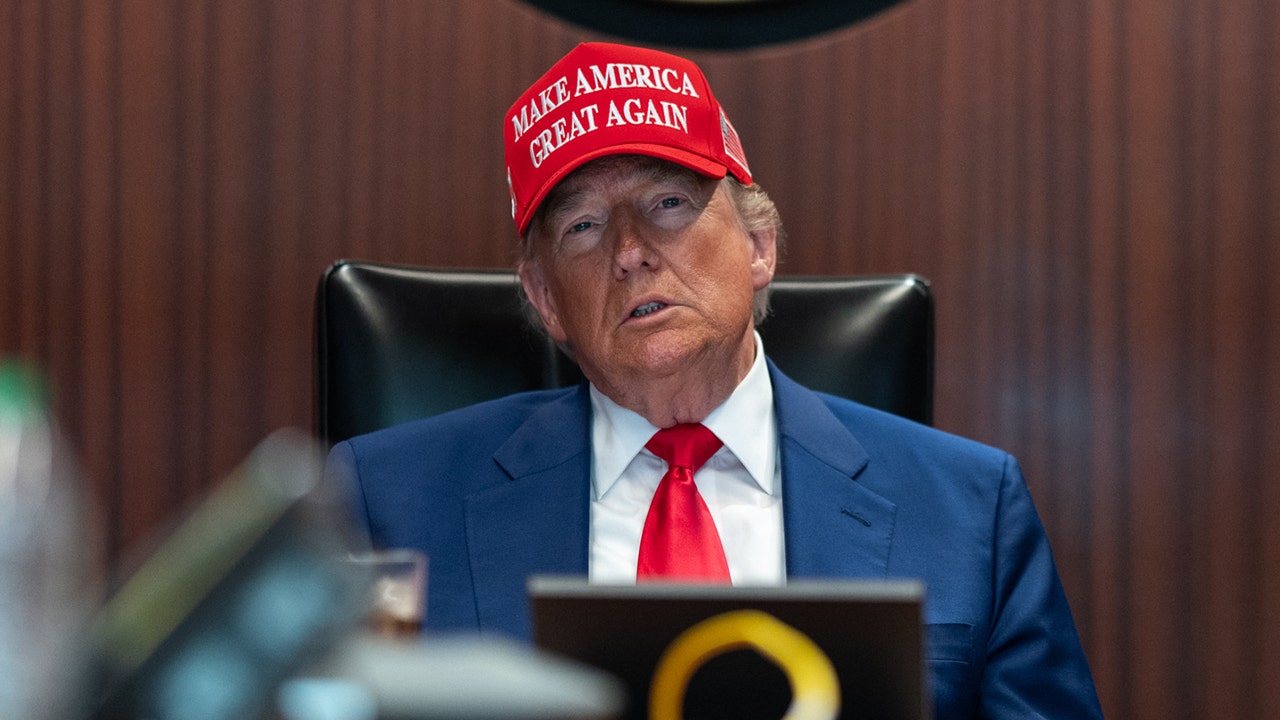Pakistan praises Trump for India peace, condemns him for Iran strikes

Pakistan has found itself in a diplomatic quagmire after initially praising President Donald Trump for his role in defusing tensions between India and Pakistan, only to condemn him less than 24 hours later for bombing Iranian nuclear facilities. The Pakistani government had credited Trump for his “decisive diplomatic intervention” and “pivotal leadership” in brokering a truce between the nuclear-armed rivals after a massacre of tourists in Indian-controlled Kashmir in April. However, the government quickly changed its tune after the U.S. strikes on Iran, calling them a “serious violation of international law” and the statute of the International Atomic Energy Agency.
Prime Minister Shehbaz Sharif expressed concerns to Iranian President Masoud Pezeshkian about the bombings targeting facilities under the IAEA safeguards. Pakistan, which has close ties with Iran, supported its attacks on Israel, citing the right to self-defense. The abrupt shift in Pakistan’s stance highlights the complexities of international diplomacy and the delicate balancing act that countries must navigate.
Former chair of the Senate Defense Committee in Pakistan’s parliament, Mushahid Hussain, suggested that Pakistan was trying to curry favor with Trump for its own benefit. He noted that Trump’s ego played a significant role in international relations and that other world leaders had been “sucking up to him big time.” The high-profile meeting between Trump and Pakistan’s army chief, Asim Munir, further underscored the importance of maintaining positive relations with the U.S. administration.
The meeting between Trump and Munir, attended by Secretary of State Marco Rubio and U.S. Special Representative for Middle Eastern Affairs Steve Witkoff, focused on the tensions between Iran and Israel, emphasizing the need for conflict resolution. Trump’s earlier success in mediating between India and Pakistan was highlighted, with the president touting his ability to use trade as a tool for negotiation.
Despite Trump’s efforts to broker peace deals and prevent conflicts, he expressed frustration on social media about not receiving a Nobel Peace Prize for his actions. Trump lamented that he would not be recognized for his role in stopping wars and fostering peace between nations. The complexities of international relations, especially in volatile regions like the Middle East, underscore the challenges and nuances of diplomacy.
As tensions continue to simmer in the region, the role of key players like the U.S., Pakistan, Iran, and Israel will be crucial in shaping the future trajectory of the conflicts. The delicate dance of diplomacy and power dynamics will continue to play out on the world stage, with each move and decision having far-reaching implications.




